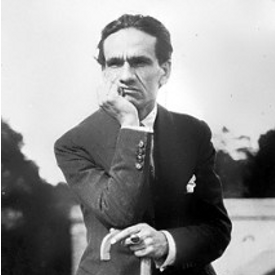
One of the first books of historical crime fiction came from the pen of Agatha Christie, whose Death Comes As The End was set in Ancient Egypt. Drawing on her own archaeological experience, Christie set her story many millennia in the past. Now Graham Edwards has returned to those distant times in his new novel, Talus and The Frozen King. This is a crime fiction at its most raw: a murder mystery set in Stone Age Britain.
Our Neolithic Sherlock Holmes is Talus, a wandering bard who uses his story-telling to insinuate himself into the good graces of his hosts. This vulturine traveller is decidedly creepy, so it is fortunate that he is accompanied by his friend Bran. Slow on the uptake, Bran is headstrong and loyal but also consumed with grief for a lost love. He plays the Watson role admirably, albeit it with a fiery temper.
These two strangers stumble upon a strange island. Enveloped in mist, cut off from the shore, it is a place full of secrets. Someone has slain the local king and the murderer may be one of his six sons.
It’s a crafty plot and well-written too:
Fog had obscured the mainland. It seemed to glow with a light of its own. Somewhere, unseen, the sun had risen, heralding a new day. The wooden pillars of the henge were twisted phantoms looming from swirling cloud. A gust of wind touched Bran’s face and he flinched.
A figure stepped out from behind one of the pillars: Mishina. His face, striped yellow and white, seemed to float in the fog.
Talus and The Frozen King could be a candidate for one of those two-hour costume dramas that TV stations like to show on Sunday evenings. It would be a candidate, that is, except that it all descends into a bloodbath that would give George R.R. Martin pause for thought.
If there is a weakness in the book, it is in some of the dialogue. Edwards can’t really replicate Stone Age speech so we have to accept that the words used by the characters are just an interpretation of what they would really be saying. Mostly this works well but it does seem improbable that people from the dawn of time would say things like ‘of course’.
There are authors who get round this by creating a fake language, such as a sort of cod Anglo-Saxon. This is being used in a new book called The Wake by Paul Kingsnorth. On the one hand, writing in a language like that sounds like a work of genius. Or it may just be pure self-indulgence. In any case, Edwards sidesteps the whole issue by using modern speech throughout.
Talus and the Frozen King is an unusual book which wears its research lightly. I found myself lost in the story towards the end as events hurtled towards their tragic conclusion.











1 Comment